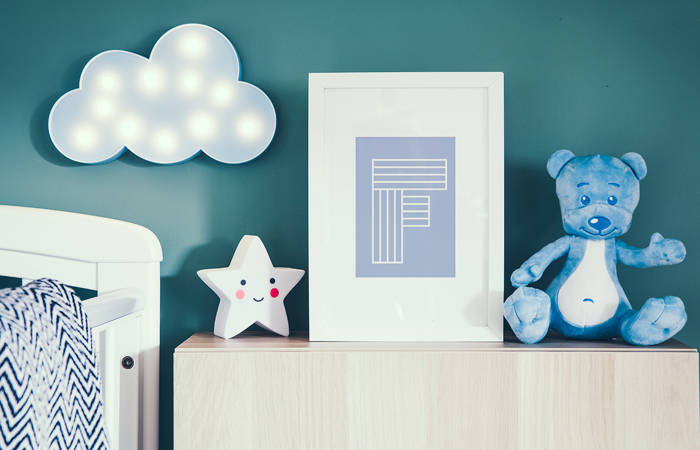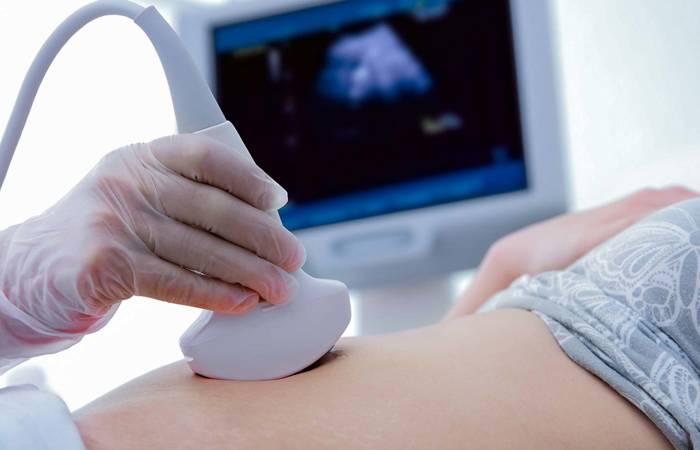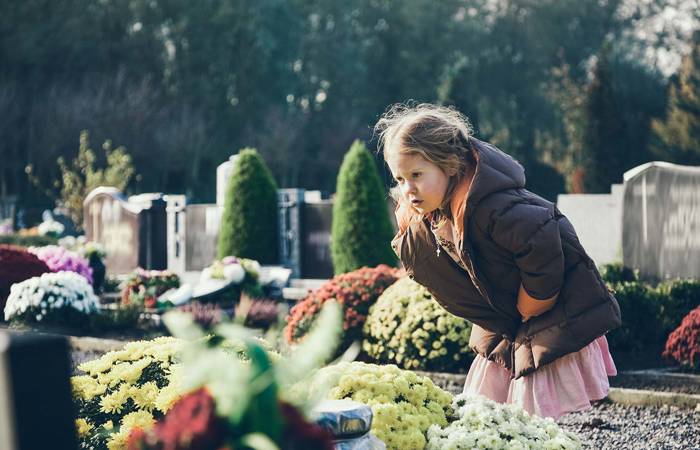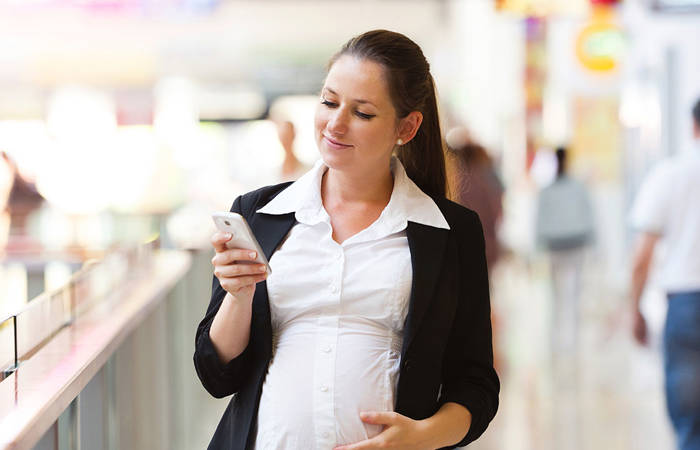Like what you see?
Sign up to receive more free parenting advice.
Thank you for subscribing to our newsletter!
Lifestyle
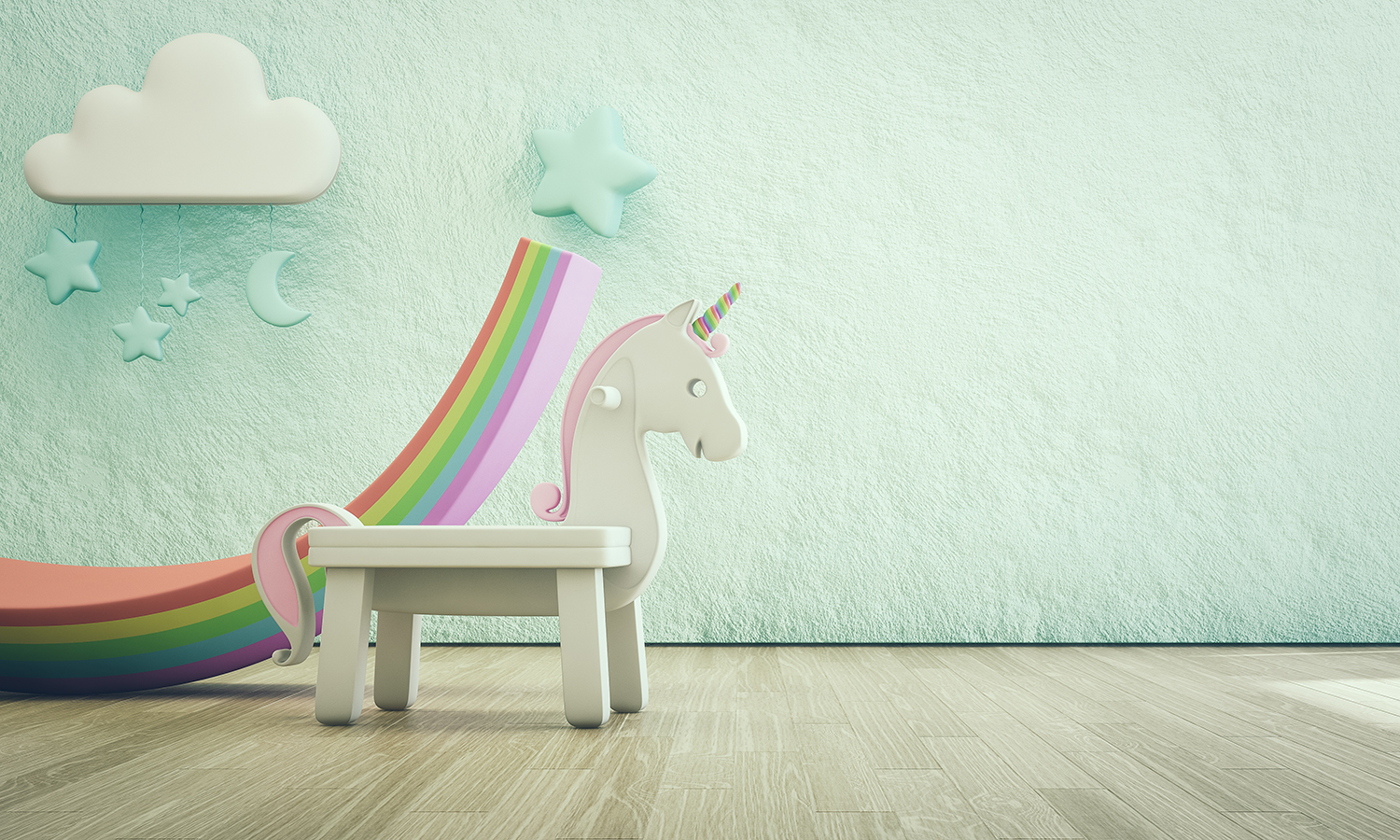
Credit: iStock.com/terng99
For most parents, pregnancy is a happy time filled with joyful anticipation and exciting plans for the future, but in Australia 1,724 babies die each year and a further 700 die within their first few weeks of life.
When a baby dies, families lose their dreams for a future with their child and they experience immeasurable heartbreak.
In February 2020, the Coalition government announced an increase in unpaid parental leave entitlements for parents dealing with a stillbirth or infant death from six weeks to 12 months.
Jackie Mead, CEO of Sands, welcomed the news.
“Parents who have had a stillborn baby face an increased risk of anxiety, depression, post-traumatic stress, and long-term mental health concerns,” Ms Mead says.
“Stigma and the inability of the community at large to talk about stillbirth intensifies parents’ distress and often makes them feel more isolated in their grief.
“The government’s announcement will bring bereaved parents’ leave entitlements in line with those of any other new parent in Australia for the first time, acknowledging their parenthood and the deep impact that the loss of a baby has on all aspects of their life.
“It’s crucial that bereaved parents have the time to grieve, to access support and to adjust to life without the baby they had excitedly planned for and expected.”
Ms Mead adds that bereaved parents can face additional challenges when returning to work.
“Returning from maternity or paternity leave in such harrowing circumstances is a very daunting prospect,” she says.
“Parents may feel worried about what to say to their colleagues, or how people will react to them in the workplace.
“They may not have the physical or emotional stamina to undertake their usual work hours or duties.”
It’s crucial that bereaved parents have the time to grieve, to access support and to adjust to life without the baby they had excitedly planned for and expected.Jackie Mead
Stay up to date with the latest news and articles from First Five Years
Thank you for subscribing to our newsletter!
How bereaved parents cope
“While every parent reacts differently to the death of their baby and experiences a wide range of emotions, many parents feel shocked, devastated and alone,” says Ms Mead.
“They are faced with having to pack a lifetime’s worth of memories into the few precious moments they may get to spend with their baby.
“Often, we underestimate this profound grief. The death of a baby will forever be a marker in someone’s life, a reference point for when everything changed.”
Ms Mead explains that, “in Australia stillbirth is defined as the birth of a baby who shows no signs of life, after a pregnancy of at least 20 weeks gestation or weighing 400g or more”.
She explains that around 20 per cent of stillbirths are preventable, which is being addressed in a federal government backed new stillbirth education and awareness campaign.
“A neonatal death is different to stillbirth and refers to when a baby dies within the first four weeks after they are born,” she says.
“The most common causes of neonatal death are congenital anomaly and preterm birth.”
Ms Mead adds that at this time the couple’s relationship can be tested as they both grieve in their own way.
For some women, they can feel that they have failed as a mother, letting their baby down.
Fathers can feel helpless witnessing their partner go through extreme physical and emotional pain, as well as feeling frustrated and angry they couldn’t protect their partner or baby.
Ms Mead says that parents often want to connect with other parents who’ve experienced what they have.
“That sense of shared understanding can play an important role in how they cope with grief and can be a great source of support,” she says.
“Everyone at Sands providing our peer support services is themselves a bereaved parent who brings their wisdom and experience to help others feel heard, to acknowledge their pain, and to offer them a sense of hope for the future.”
“Organisations such as Red Nose also offer professional counselling to bereaved parents who may require additional support.”
Ms Mead adds not to underestimate the toll on other family members, like other children or grandparents, as they have also experienced a loss.
How to tell the other children in the family
“The death of a baby can have a profound impact on children, including those who were expecting a new brother or sister, the surviving twin of a multiple birth, and children born after a baby has died,” Ms Mead says.
She recommends giving simple and age-appropriate explanations.
“Giving children the opportunity to ask any questions; using words such as 'dead' and 'death' and using explanations such as ‘their body no longer works’; letting them know that being sad and crying is okay, and that it is not their fault a baby has died; and repeating the facts many times and telling the story in different ways, as children will need many opportunities to try to make sense of things.”
For more information, Sands has a booklet on how to help parents care for children, following the death of a baby.
How to support bereaved parents
“Family members, friends, or colleagues may find it challenging to know how to best support someone through this tragedy,” says Ms Mead.
“It’s normal to feel unsure about what you should do or say.
“In the beginning, simply acknowledging the gravity of this significant loss is a good place to start.
“Make contact and offer simple and sincere thoughts that recognise the baby’s life and their place in the family.
“Practical support like doing the groceries, walking the dog, or dropping off meals, can also be a huge help when parents have little energy left to keep up with everyday tasks.
“As time goes on, bereaved parents will especially appreciate you remembering significant days or special milestones with a phone call or card.
“By acknowledging their baby, you are showing the parents that their baby lives on in the hearts of others.”
Useful Resources:
Sands 24-hour phone support line, 1300 072 637. There is also support by e-mail, live chat and face-to-face support groups.
Red Nose Grief and Loss 24-hour helpline, 1300 308 307.
What to do and not do from Words Matter, a resource by Sands:
- Avoid saying nothing, make contact as soon as you can, and keep the contact going.
- Avoid offering unsolicited advice, follow their lead.
- Remember, the whole family will be impacted, not just the mother.
- Acknowledge their pain instead of trying to look at the “bright side”.
- Allow parents to express themselves, don’t dismiss their feelings.
- Talk about their baby, acknowledge special dates and anniversaries.
- Avoid saying “let me know if there is anything I can help with”, instead take initiative and offer practical support.

